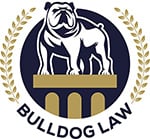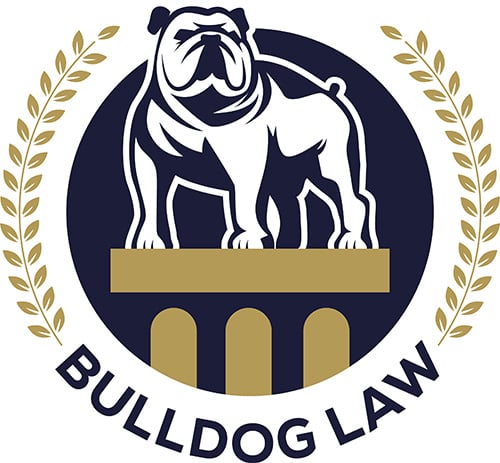Noticing the flashing police lights in your back window or mirrors can be a heart-racing experience. You know you must pull over but don’t know what could unfold next.
Likely, preparation isn’t always enough in the wake of a traffic stop because nerves, fear or shock can take over, and drivers and passengers may act or speak without thinking. But that doesn’t mean learning how to or not to act in the presence of a police officer is a bad idea.
What to do at a traffic stop
A starting point to avoiding mistakes is to understand better what your rights entail. Firstly, once you notice a police car’s flashing lights, you’ll want to pull over with swiftness and caution. Once you are in an ideal spot, place the vehicle in park, roll down the window, put your hands on the wheel and ask any passengers in the front to place their hands on the dash. Then it’s worth noting that you don’t have to answer the questions that a law enforcement officer may bombard you with, as you have the right to remain silent.
What not to do at a traffic stop
Avoiding any sudden movements when speaking with a police officer is a good way to protect yourself. It’s safe to assume that the officer will ask for your license and registration, so keeping these in easy-to-reach spots is a good habit. But no matter where you keep it, vocalize where it is located when you reach for it.
Through the course of the stop, it’s best not to overshare. You don’t want to say anything that wouldn’t work in your favor later or that would create a heated interaction. For example, you might want to bite your tongue about offering consent to search your vehicle, even if you believe your car is clean. The officer can search your vehicle without a warrant, so you’ll want to do your best not to give further reason or permission to do so.
Unfortunately, you can only control your actions and words. So even if you do all the right things, an officer can still violate your rights or lash out and hurt you for no reason. Therefore, following up by gathering evidence at the scene, seeing a medical professional and reaching out for legal help are crucial steps after a questionable traffic stop.


